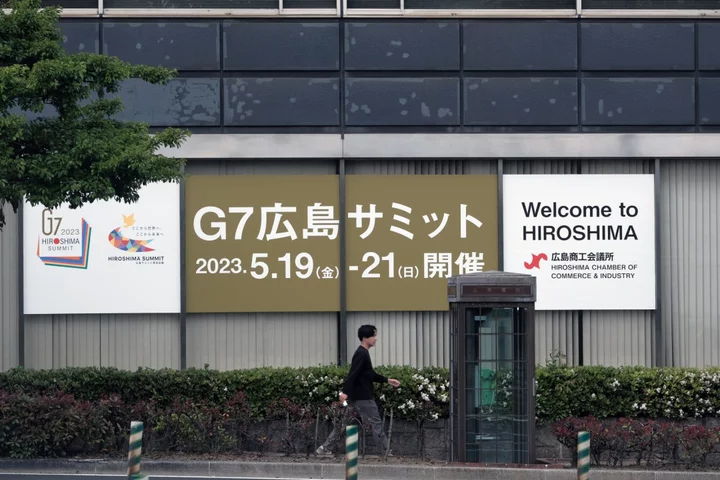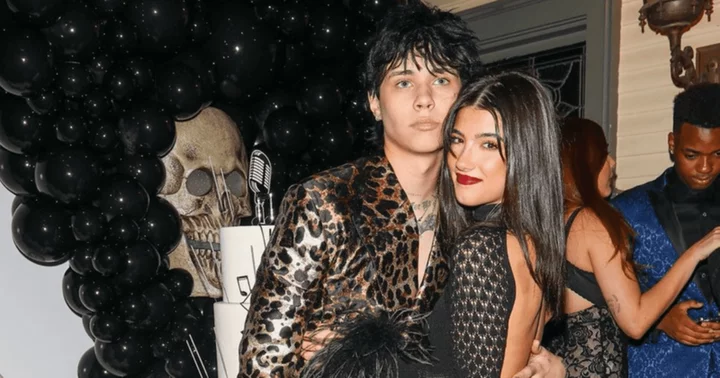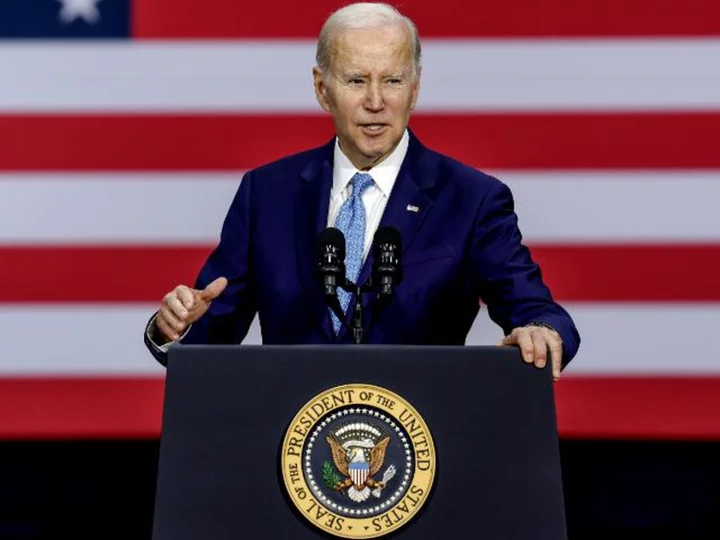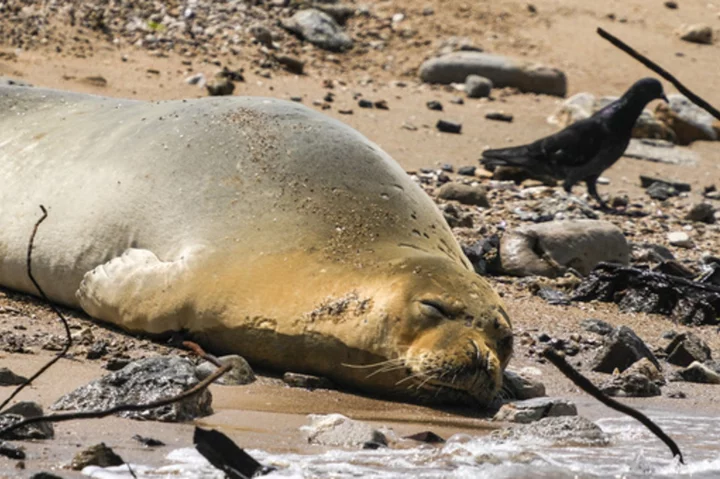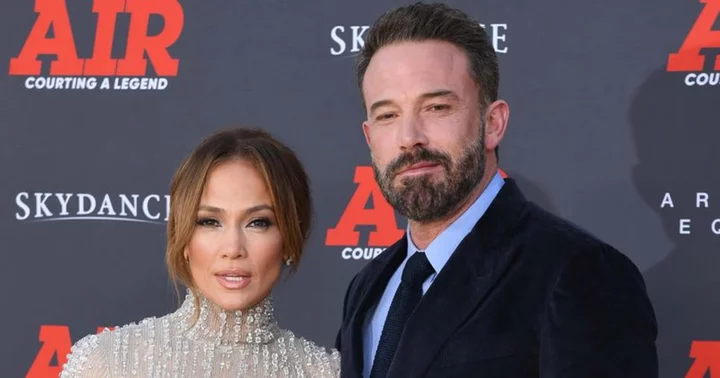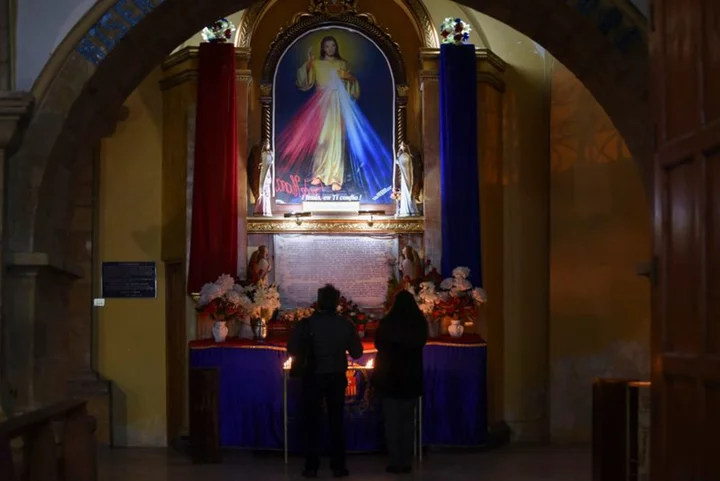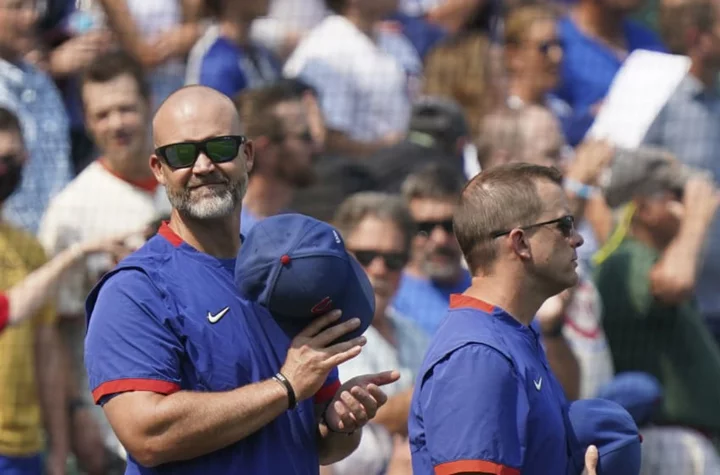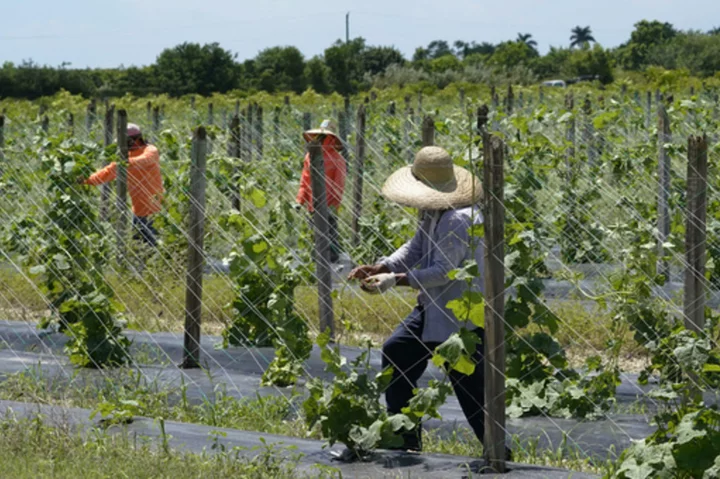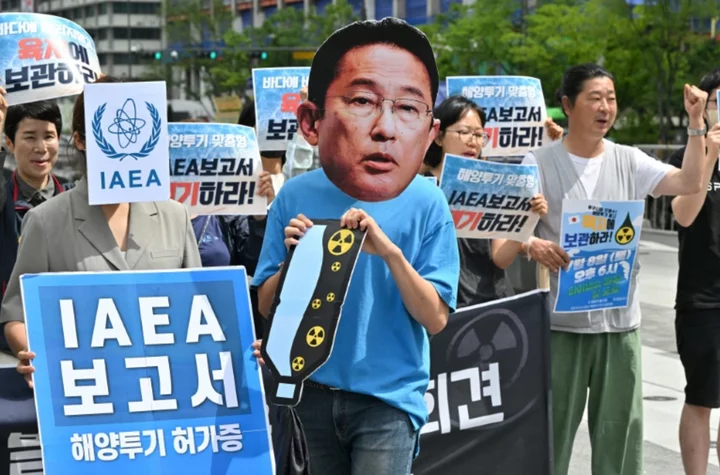US President Joe Biden and other Group of Seven leaders began arriving in the Japanese city of Hiroshima on Thursday for an annual summit, with concerns around China and Russia — both uninvited — set to dominate discussions.
The meeting, which runs through Sunday, comes as Russia launched fresh aerial assaults on Ukraine and Chinese President Xi Jinping attended a separate summit seeking to deepen Beijing’s influence in Central Asia.
The seven countries — Japan, Canada, France, Germany, Italy, the UK and US — are set to target what they see as economic coercion by Xi’s government while also introducing measures to reach out to developing nations in the Global South. Leaders from the European Union, India, Indonesia, South Korea, Vietnam, Brazil, Australia, Comoros and Cook Islands were also invited to the gathering.
Latest coverage
- Xi Summit to Deepen Central Asian Ties in Split-Screen With G-7
- Renewed Threats to Use Nuclear Bombs Loom Over Hiroshima G-7
- China, Russia Are Top Problems for G-7 Leaders Meeting in Japan
- The G-7 Still Matters. Here’s Why: Big Take Podcast
- Yellen Warns ‘Time Is Running Out’ Ahead of Biden-McCarthy Meet
(All times JST)
Biden, Kishida Hail Cooperation on Chips, Technology (6:05 p.m.)
President Joe Biden and Japanese leader Fumio Kishida hailed greater cooperation between the two nations on emerging technology at the outset of a bilateral meeting in Hiroshima ahead of the G-7 summit.
Kishida noted that cooperation has “evolved through leaps and bounds,” citing Micron Technology Inc.’s plan to make next-generation memory chips in Hiroshima. Biden, in return, said the nations were working on expanding cooperation in advanced technology like quantum computers and semiconductors.
“When our countries stand together, we stand stronger,” Biden said. “And I believe the whole world is safer when we do.”
Read more: Micron to Get $1.5 Billion From Japan for Next-Gen Chips (1)
Scholz, Trudeau Arrive in Hiroshima (5:20 p.m.)
Canadian Prime Minister Justin Trudeau arrived in Hiroshima after finishing a trip to Seoul the previous day. During his visit, South Korea’s SK Ecoplant Co. said it will invest in and help develop a $4.5 billion green hydrogen project in Canada that’s set to be one of the largest such plants in the world.
German Chancellor Olaf Scholz arrived shortly after Trudeau and he’s expected to go to South Korea when the G-7 summit ends.
Biden Arrives in Japan (4:10 p.m.)
US President Joe Biden touched down in Japan ahead of a meeting later in the day with Japanese Prime Minister Fumio Kishida. Biden scrapped plans to continue on for stops in Papua New Guinea and Australia to return to debt-ceiling negotiations in the US.
UK Announces Japan Chips Partnership (2:30 p.m.)
British Prime Minister Rishi Sunak announced £18 billion ($22.4 billion) of new investment by Japanese businesses in the UK, mostly in clean energy, as well as a bilateral “semiconductor partnership” aimed at boosting supply chain resilience amid fears over Chinese interference in Taiwan.
A “Hiroshima Accord” seeks to deepen economic, security and tech cooperation between the two countries, the British premier said as he landed in Japan ahead of the summit.
UK Announces Japan Chips Partnership as Fears Grow Over Taiwan
Corn Trades Near 18-Month Low (2:12 p.m.)
Corn traded near the lowest level since November 2021 after a two-month extension of the deal allowing Ukraine to ship crops through the Black Sea. Wheat hovered near the weakest in more than two years, while soybeans fell to the lowest since July last year.
Corn Trades Near 18-Month Low as Ukraine Export Deal Extended
China Envoy Meets Zelenskiy in Ukraine (1:40 p.m.)
Chinese Ambassador Li Hui met Ukrainian President Volodymyr Zelenskiy as Beijing kicked off a European tour aimed at brokering peace.
Xi announced that China would send an envoy to Ukraine last month during a call with Zelenskiy. It was the first time the two leaders had spoken since Russia launched a full-scale invasion of its neighbor.
China Envoy Meets Zelenskiy in Ukraine as Europe Tour Kicks Off
Kishida Meets Chipmakers to Boost Production (12:52 p.m.)
Kishida met the heads of the world’s largest chipmakers in Japan’s latest move to boost its domestic semiconductor sector amid a global rethink of economic security.
The country is pushing to bring more advanced chipmaking home as growing US-China tensions spur concerns about reliance on Taiwan, which China claims as its own. But while Japanese companies continue to control key steps in the chip supply chain, the country’s efforts have fallen far short of subsidies offered by the US.
Kishida Meets Chipmakers in Move to Bolster Japan’s Tech Sector
Russia Launches New Attacks on Kyiv (12:19 p.m.)
Kyiv and other parts of Ukraine came under another aerial attack early Thursday morning, with explosions heard in the capital as well as other regions further west.
Vitali Klitschko, the mayor of Kyiv, said on Telegram no injuries had been reported so far.
Xi Summit to Deepen Central Asian Ties (10:24 a.m.)
China’s president will seek to deepen Beijing’s influence in Central Asia at a major summit, reminding the parallel G-7 conclave of Beijing’s sway outside the US-led world order.
The two-day China-Central Asia Summit assembles the leaders of Kazakhstan, Kyrgyzstan, Tajikistan, Turkmenistan and Uzbekistan from Thursday in the Chinese city of Xi’an. Trade ties and regional security concerns will likely dominate talks at the inaugural in-person meeting, along with Russia’s war in Ukraine.
The summit serves as an effective split screen with President Joe Biden’s effort to hammer out a unified response to Chinese “economic coercion” at the G-7 summit in Japan.
Xi Summit to Deepen Central Asian Ties in Split-Screen With G-7

